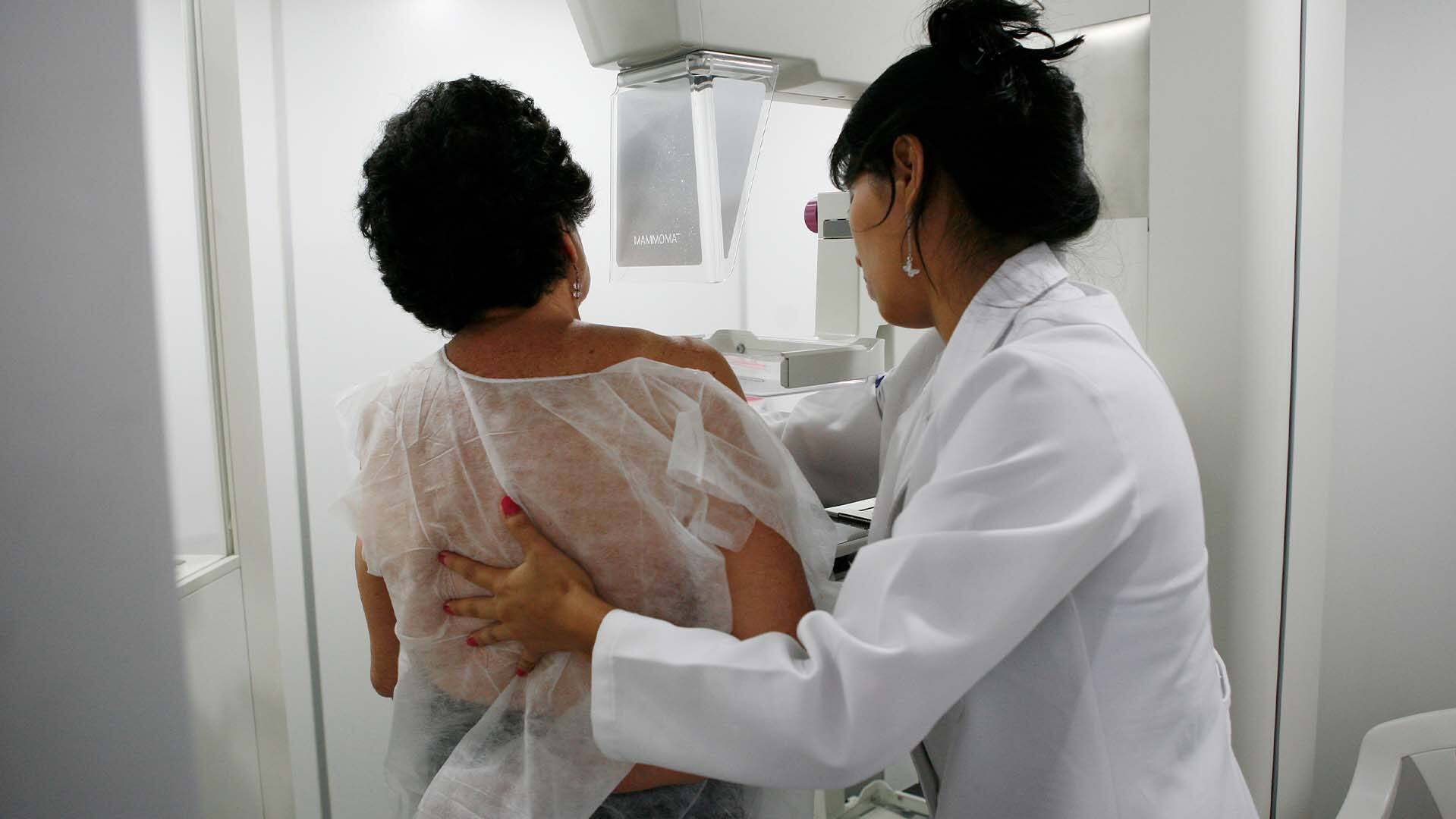Doctors and breast cancer survivors are urging Canada to follow the example set by a U.S. task force and lower the recommended age for regular screening mammograms to 40.
Thank you for reading this post, don't forget to subscribe!The draft recommendation from the U.S. Preventive Services Task Force, released Tuesday, says that “new and more inclusive science” has led it to call for screening mammograms every two years for women between the ages of 40 and 74. Previously, screening for average-risk patients was recommended beginning at age 50.
“This is the right move,” said Dr. Mojola Omole, a surgical oncologist with the Scarborough Health Network in Toronto.
She said she’d like to see Canada go a step further than the Americans, though, and recommend annual screening beginning at age 40 — particularly for Black, Hispanic and Asian patients.
“We know that Black women and Asian women, their peak incidence [of breast cancer] is actually 10 years earlier than Caucasian counterparts,” Omole said.

She noted that Black women in particular are more likely to develop aggressive cancers at younger ages. They are also 40 per cent more likely to die from breast cancer than white women, according to the U.S. task force, which called for more research on how to better protect these patients.
Currently in Canada, regular screening mammography is only recommended for patients between the ages of 50 and 74.
Screening guidelines vary across the country. Alberta has recently shifted to include women as young as 45, and in some other provinces, women in their 40s are accepted if they’re referred by a doctor or even through self-referral. But mammograms are only available for people over the age of 50 in Saskatchewan, Manitoba, Ontario, Quebec and Newfoundland and Labrador.
Alberta patient Natalie Kwadrans said she can’t help but wonder how her life would have changed if screening mammograms were available to younger patients when she was diagnosed in 2019. She discovered a lump in her breast at age 46 and has been living with a terminal diagnosis of Stage 4 cancer since then.
“When I think about it, I’m a little angry, because had the age been 40 or even 45 … I would have caught that cancer,” Kwadrans said.
“It’s a bitter pill to swallow that I was too young to get a mammogram.”
Risk of overdiagnosis and false positives
The current screening guidelines from the Canadian Task Force on Preventive Health Care date back to 2018. They cite concerns about overdiagnosis when patients are screened at a younger age, leading to unnecessary treatment of cancer that wouldn’t have caused illness.
Task force co-chair Dr. Guylène Thériault said patients need to be aware of the risks of earlier screening, which can also include false positives.
“You need to be informed of the pros and cons and then decide for yourself with your values, your preferences, where you are in your life, if screening is something worth it, or is something that you’re going to forgo,” she said.
However, Thériault added, the task force is exploring possible updates to Canada’s guidelines.
WATCH | Canada urged to lower the age for women to start regular mammograms:

Breast cancer screenings should start at 40, medical task force says
A U.S. medical task force is recommending a significant change to routine breast cancer screening. The task force says the recommended age for starting routine mammograms should be 40, not 50.
Dr. Paula Gordon, a Vancouver oncologist and professor at the University of British Columbia, said concerns about false positives and overdiagnosis are overblown.
“Women don’t think that’s a big deal. They’d much rather get screened and have the opportunity for early diagnosis,” she said.
“If you use that as a reason to not screen, you’re going to miss all those early cancers that you could have found and lives you could have saved.”
Earlier detection means the cancer might be treated through removal of the tumour, not the entire breast, and patients could be spared the punishing side-effects of chemotherapy, Gordon said.

She agreed with Omole’s call for annual screening for people in their 40s.
“The cancers in younger women tend to grow faster, and so you can’t let two years go between screenings,” Gordon said.
According to the Public Health Agency of Canada, one in every eight Canadian women are expected to develop breast cancer and one in 33 will die from it.
Most cases of breast cancer — an estimated 83 per cent — occur in people over the age of 50.

